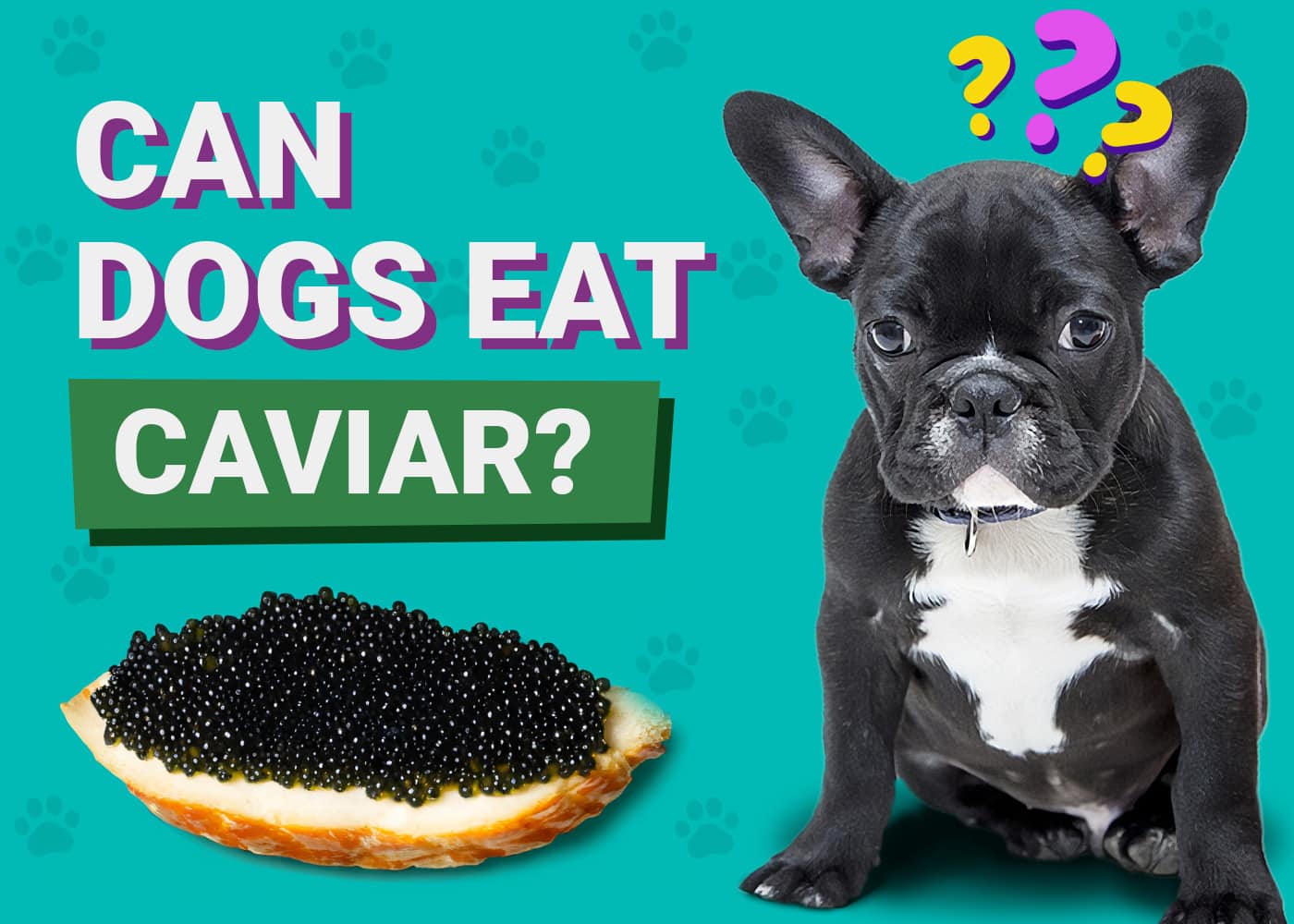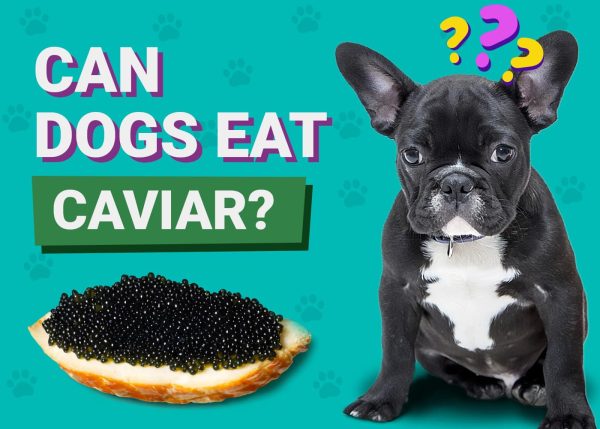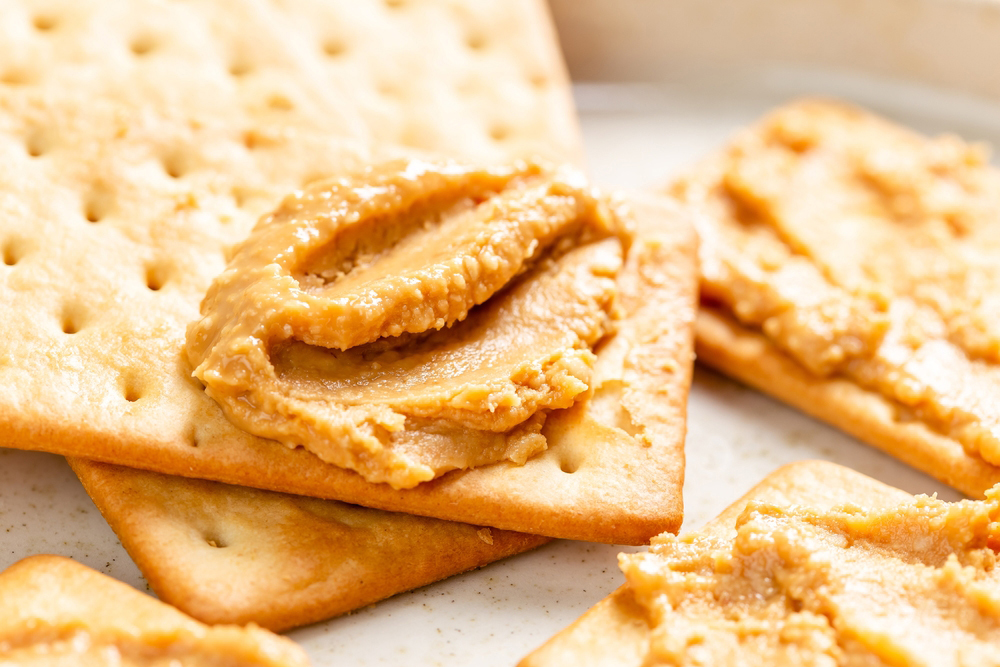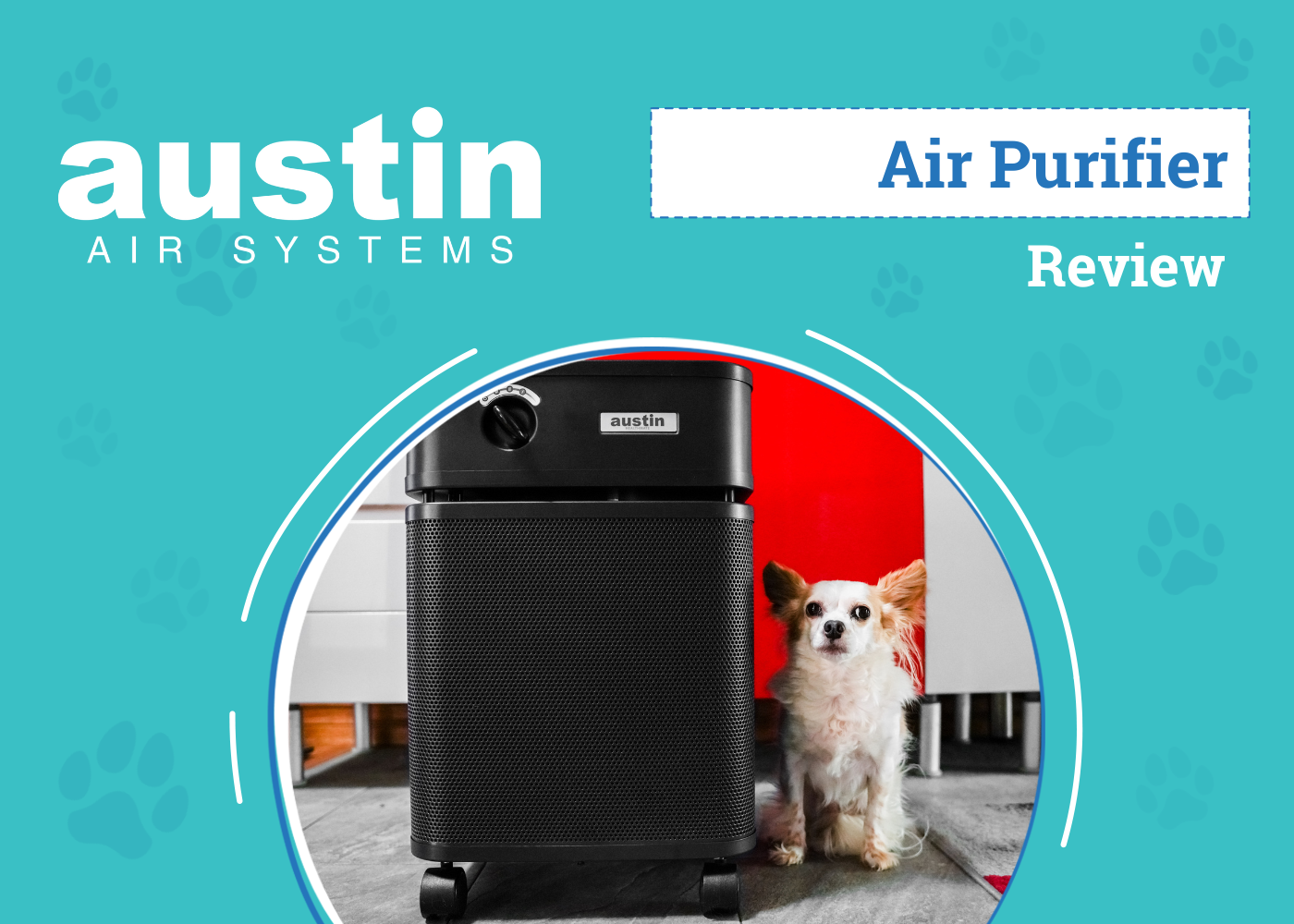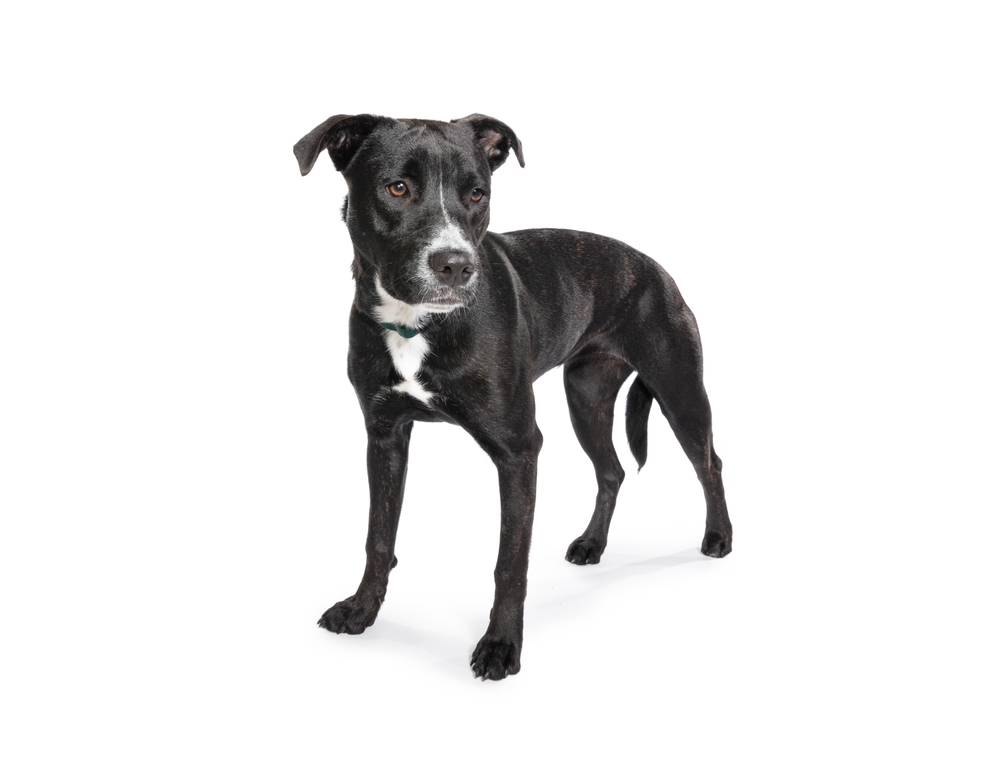As dog owners, we want the best for our pets, including what they eat. However, some dog parents take things to the next level by offering their pups gourmet human foods, such as caviar. While dogs can occasionally eat caviar, there are some concerns to remember if you’re considering spoiling your dog with this expensive snack.
Keep reading to learn some facts about feeding caviar to dogs, including whether it offers any nutritional value. We’ll also cover potential health issues that could occur if your dog eats too much caviar, plus some other points to consider before offering this food.
What Is Caviar?
Caviar is a gourmet food item made from fish eggs (typically sturgeon). Sometimes it’s eaten raw, but in most cases, caviar is made by curing the fish egg in a salty brine. Humans typically eat caviar as an appetizer or snack.
Is Caviar Nutritious for Dogs?
While eating caviar does present some health issues for dogs (which we’ll cover in the next section ), it also provides some nutritional value. Caviar is high in protein, with 4 grams per tablespoon. Protein is an essential nutrient for dogs, especially puppies and working dogs.
Like all fish and fish products, caviar also contains plentiful omega-3 fatty acids, which are beneficial for skin, coat, and joint health. Other vitamins and minerals in caviar include calcium, iron, and B12.
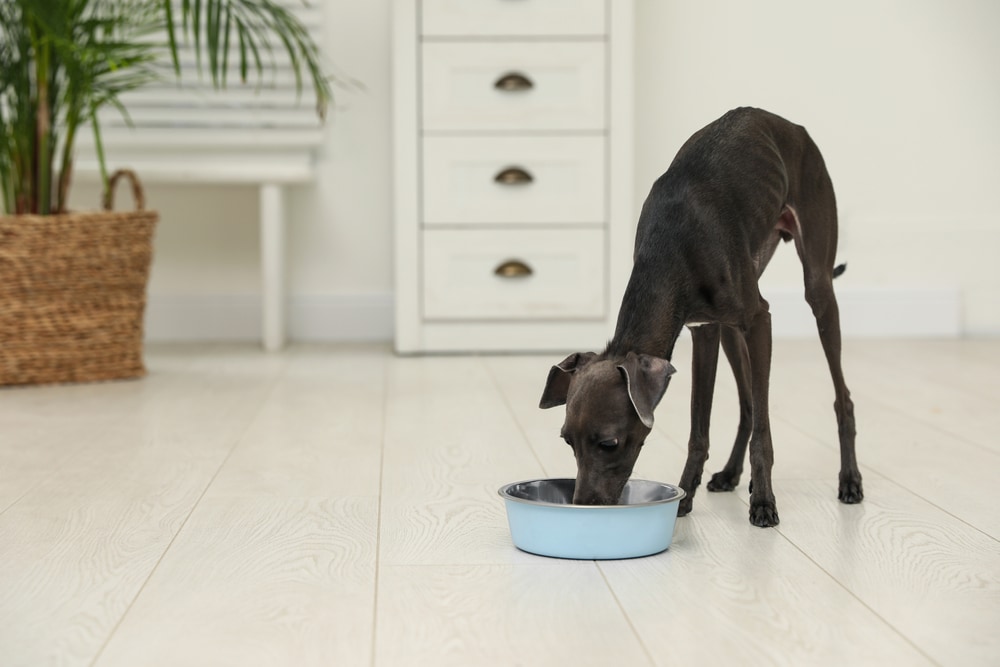
The Bad News About Caviar
Caviar is basically fish eggs that are cured as a form of preservation. Feeding caviar regularly to your dog might not be a great idea. Caviar contains a lot of salt (about 240 milligrams per tablespoon). While salt is an essential mineral for dogs as it is for humans, eating too much can have adverse effects. Caviar is definitely a no-go for any dog that is on a low-sodium diet due to cardiovascular or kidney problems. Dogs who ingest more than 2 grams of salt per kilogram of body weight run the risk of suffering salt intoxication, so please be especially careful with toy breeds.
Another important consideration when feeding caviar to your dog is the caloric content. Caviar is nutrient-dense, with about 42 calories per tablespoon. Eating too much of this food can lead to your dog gaining weight. Other Points to Consider About Feeding Your Dog Caviar
To ensure proper health, dogs need to eat a nutritionally balanced diet. Feeding your dog human foods—even gourmet ones like caviar—does not provide all the necessary nutrients. Most of your dog’s daily calories should come from a diet formulated to meet minimum nutrition standards, as all commercial dog foods must.
If you choose to feed your dog caviar, it should be considered a treat rather than part of the regular diet. Treats should make up no more than 10% of your dog’s daily calories. As we learned, caviar is high in calories, so even small portions can add up quickly. And, since caviar is cured and high in sodium, you can offer your dog a bit, but you must also take their size into consideration.
As a gourmet food item, caviar can be quite expensive to purchase. Because of this, along with the potential health concerns posed by feeding caviar, it’s best to choose other foods to offer your dog as treats.
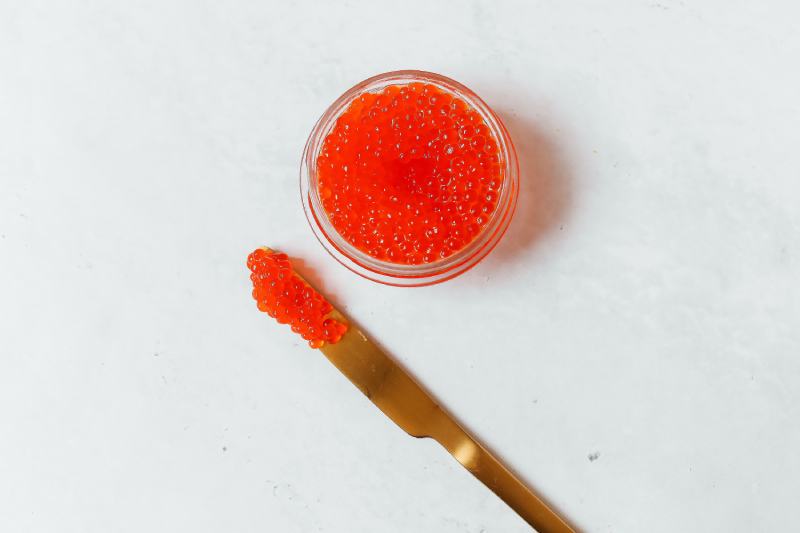
Final Thoughts
You may want the best for your dog, but spending a fortune on gourmet foods doesn’t always mean providing top-notch nutrition. Caviar may be a good source of protein and fatty acids, but its high salt content makes it a less ideal treat for your pup. Before offering any human food to your dog, check with your veterinarian to ensure it’s a safe and healthy choice for them. Remember, selecting a nutritionally balanced dog food is the most important diet choice you can make for your pet.
Featured Image Credit: Miroslavik, Pixabay

